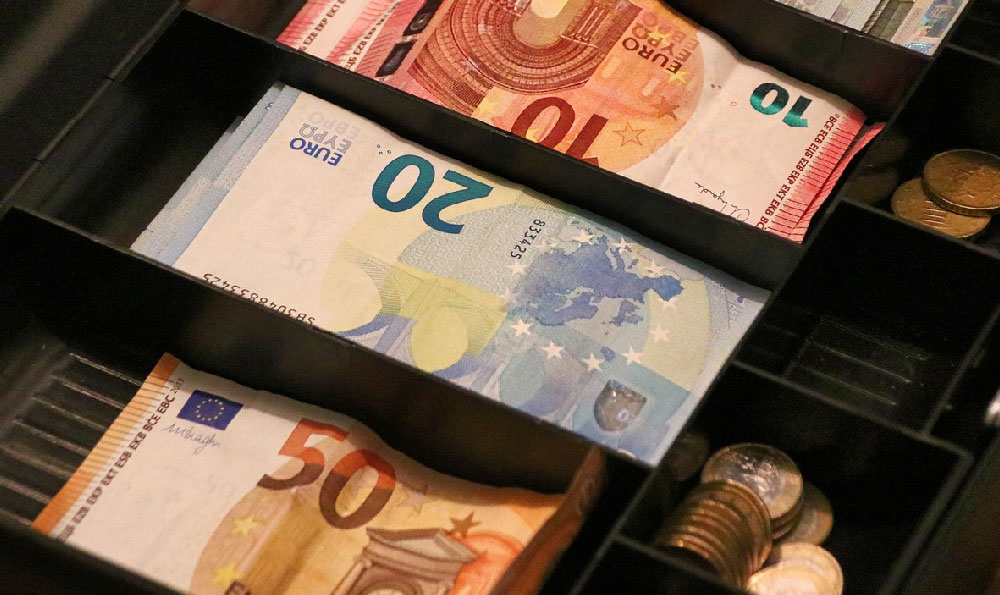The Kennedy family’s rise to immense wealth is a complex story woven with astute business acumen, strategic investments, and a healthy dose of luck, often shrouded in both admiration and controversy. While often romanticized, their fortune wasn't built overnight; it was a carefully constructed edifice resting on the foundation laid by Joseph P. Kennedy Sr.
Joseph P. Kennedy Sr. is the key figure behind the family's vast wealth. He was the patriarch, the shrewd financier, and the driving force behind the Kennedy dynasty’s economic power. His journey began not from inherited wealth, but from a position of relative privilege. His father, Patrick Joseph Kennedy, owned a saloon and held political positions in Boston, providing a solid, though not extravagant, starting point.
Joseph Sr.’s initial foray into the world of finance was through banking. He became the youngest bank president in the United States at the Columbia Trust Bank in Boston. This provided him with valuable insights into the world of finance, investment, and lending, skills he would later leverage to great effect. However, his ambition stretched far beyond traditional banking.

He recognized opportunities where others saw only risk, particularly during the tumultuous years leading up to the Great Depression. Kennedy’s most significant early successes came from his involvement in stock market speculation. He wasn't merely a passive investor; he was an active participant, adept at identifying undervalued assets and exploiting market inefficiencies. He understood market psychology and possessed the nerve to make bold moves. There were whispers and accusations of insider trading and manipulation, although concrete evidence remains elusive. Regardless, his aggressive and insightful trading resulted in significant profits.
A defining moment in Kennedy's financial ascent was his involvement in the film industry. Early in the history of Hollywood, the movie business was fragmented and financially unstable. Kennedy saw the potential for consolidation and profit in this burgeoning industry. He strategically acquired smaller studios and theaters, eventually orchestrating a merger that resulted in the creation of Radio-Keith-Orpheum (RKO) Pictures. He became a major player in the film industry, leveraging his influence and connections to further enhance his financial standing. While his tenure at RKO was relatively short, it proved to be highly profitable, cementing his reputation as a shrewd dealmaker.
Perhaps the most controversial aspect of Kennedy's financial empire was his involvement in the liquor industry. During Prohibition, he allegedly made significant profits through the illegal importation of alcohol. While these allegations have never been definitively proven, they have contributed to the mystique surrounding his wealth. Regardless of the truth behind these rumors, Kennedy was well-positioned to capitalize on the repeal of Prohibition. He secured the exclusive American distribution rights for several prominent British spirits brands, including Dewar’s Scotch whisky and Gordon’s Gin. This proved to be incredibly lucrative, as demand for legal alcohol surged after Prohibition ended.
Beyond these headline-grabbing ventures, Kennedy also invested heavily in real estate, particularly in New York City. He acquired prime properties, anticipating future growth and development. His real estate holdings provided a steady stream of income and served as a solid foundation for his family's wealth.
Furthermore, Joseph P. Kennedy Sr. had a knack for anticipating economic trends. He famously pulled his investments out of the stock market months before the 1929 crash, a move that saved him from financial ruin and allowed him to capitalize on the ensuing market downturn. This foresight demonstrated his deep understanding of economic cycles and his willingness to act decisively based on his convictions.
It's crucial to remember that while Joseph P. Kennedy Sr. amassed the initial fortune, the Kennedy family also benefitted immensely from the establishment of trusts and foundations. These vehicles served to protect and manage the family's wealth, ensuring its preservation and growth across generations. Prudent estate planning minimized tax liabilities and shielded assets from potential creditors.
Beyond the specific industries and investments, Joseph Kennedy possessed qualities that contributed significantly to his financial success. He was a tireless worker, a skilled negotiator, and a charismatic leader. He possessed an uncanny ability to identify talent and surround himself with capable individuals. He also instilled in his children a strong work ethic and a deep sense of ambition, traits that would contribute to their own successes in politics and other fields.
In conclusion, the Kennedy fortune was not built on a single stroke of luck. It was the result of a combination of factors: Joseph P. Kennedy Sr.'s shrewd business acumen, his ability to anticipate market trends, his willingness to take risks, and his strategic investments in various industries, including stock market speculation, the film industry, the liquor industry, and real estate. While controversies surrounding his methods persist, there’s no denying that he built the foundation of the Kennedy family's substantial wealth, creating a legacy that continues to shape their influence today. His astute management and the establishment of trusts further solidified their financial standing, ensuring the continuation of their wealth across generations. The Kennedy story, therefore, serves as a complex and fascinating case study in wealth creation, risk management, and the enduring power of strategic foresight.












